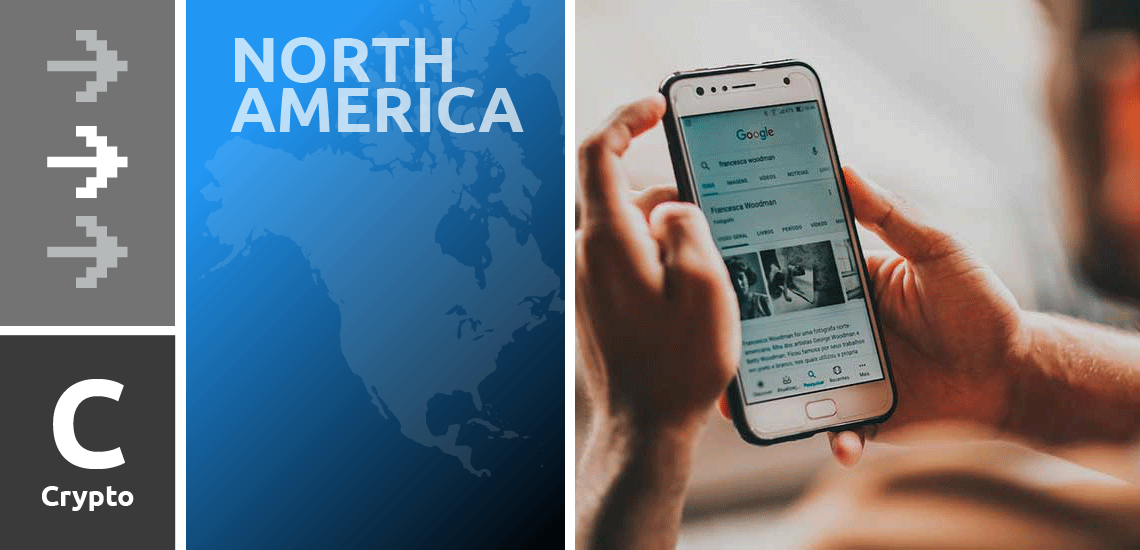
The Sam Bankman-Fried trial began on October 4th, with the United States Department of Justice (DOJ) and the former FTX CEO’s defense presenting their arguments to the 12-person jury. The DOJ accused Bankman-Fried of deliberately lying to investors to enrich himself and expand his crypto empire, while the defense argued that he was a young entrepreneur who made business decisions that “didn’t work out.”Two witnesses testified during the second part of the trial on October 5th: Matthew Huang, co-founder of Paradigm, and Gary Wang, co-founder of FTX and Alameda Research. Huang testified that Paradigm was not aware of the commingling of funds between FTX and Alameda, nor of the privileges that Alameda had with the crypto exchange. He also acknowledged that the firm did not conduct deeper due diligence on FTX, instead relying on information provided by Bankman-Fried.Wang acknowledged that he, along with Bankman-Fried and Caroline Ellison, had committed wire fraud, securities fraud, and commodities fraud. He also noted that Alameda had special privileges with FTX, such as the ability to withdraw unlimited funds from the exchange, as well as a line of credit of $65 billion. Wang also mentioned a loan of approximately $200 million to $300 million from Alameda, allegedly as part of the purchase of other crypto firms, which was never credited to his account. The defense downplayed the accusations against the nature of the relationship between FTX and Alameda, arguing that FTX margin traders were aware of the risks associated with transactions and that there was no secret door for transactions between the companies.The jury heard from two witnesses on the first day of the trial: Mark Julliard, a French trader and former client of FTX, and Adam Yedidia, a friend of Sam Bankman-Fried and former employee at Alameda Research and FTX. Julliard testified that he had four Bitcoin held at FTX at the time of the exchange’s collapse, worth nearly $100,000. He admitted that FTX and Bankman-Fried’s marketing efforts, as well as the notable venture capital companies backing FTX, gave him the confidence to use the exchange for crypto trading. Yedidia’s testimony focused on his educational background at the Massachusetts Institute of Technology, where he first met Bankman-Fried and had two professional experiences with the FTX founder.Prosecutors emphasized that the trader used FTX exclusively for spot trading and was unaware that the exchange used client funds for crypto trading with Alameda Research. They also used former FTX ads as evidence that the company was always positioning itself as a safe, trusted and easy way to invest in cryptocurrency, including marketing campaigns with NFL player Tom Brady and comedian Larry David.The trial will continue on October 6th, with further testimonies from Wang and other witnesses. The DOJ and Bankman-Fried’s defense will continue to present their arguments to the jury in the coming weeks. Prosecutors also noted that Caroline Ellison, Gary Wang and Nishad Singh will offer the jury insider details about Bankman-Fried’s role in FTX’s operations and alleged crimes. However, the defense pointed out that as part of the cooperation agreement with the government, they were supposed to give testimony against Bankman-Fried, raising doubts about their credibility.
This News Article was automatically generated by Bob the Bot (AI)
This News Article was automatically generated by Bob the Bot (AI)
| Information | Details |
|---|---|
| Geography | North America |
| Countries | |
| Sentiment | neutral |
| Relevance Score | 8 |
| People | Mark Julliard, Sam Bankman-Fried, Nishad Singh, Gary Wang, Adam Yedidia, Caroline Ellison |
| Companies | Visa, Voyager Digital, Jane Street Capital, FTX, Alameda Research |
| Currencies | US Dollar, FintruX, Ethereum, Bitcoin, British Pound |
| Securities | None |

